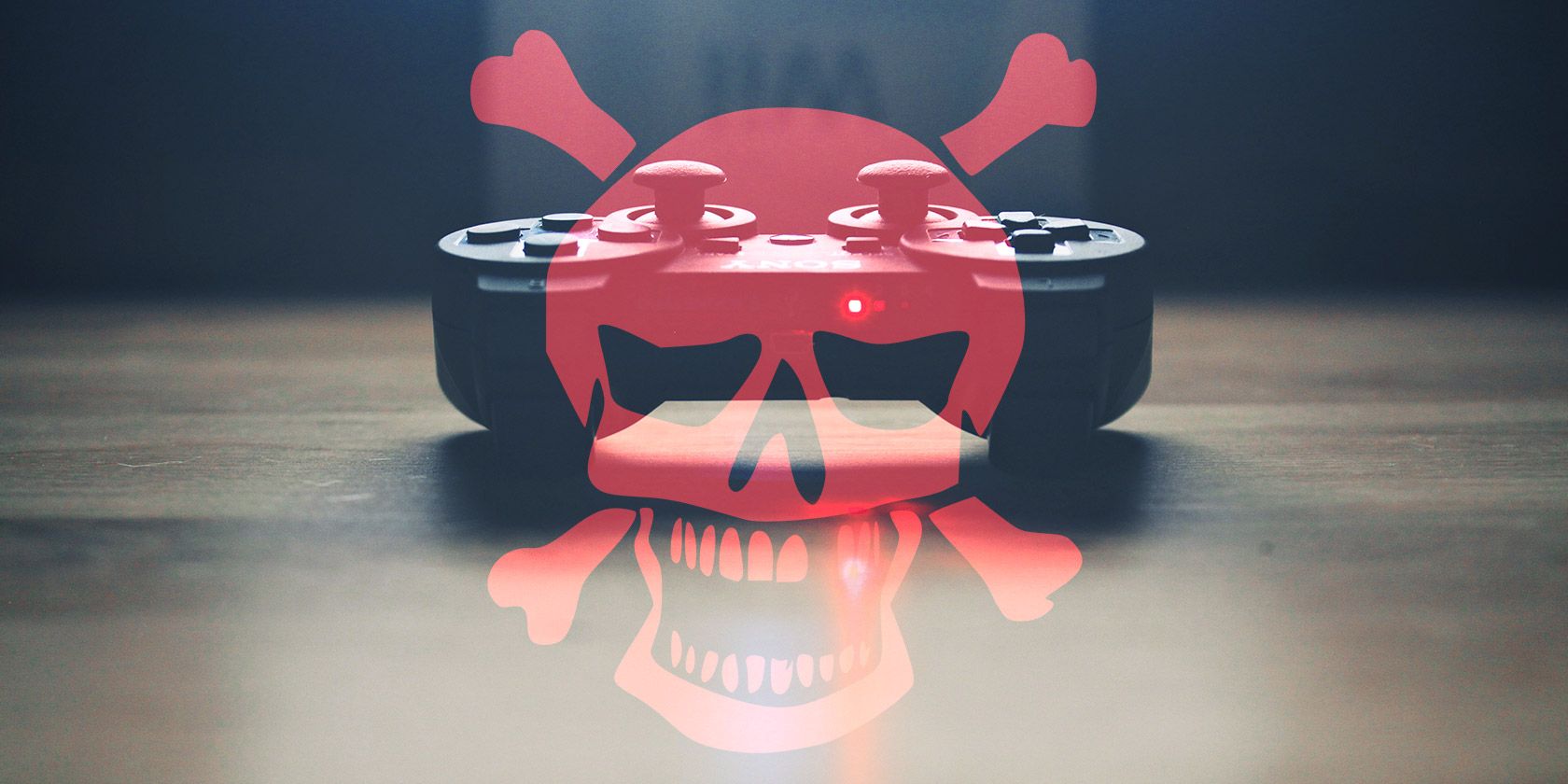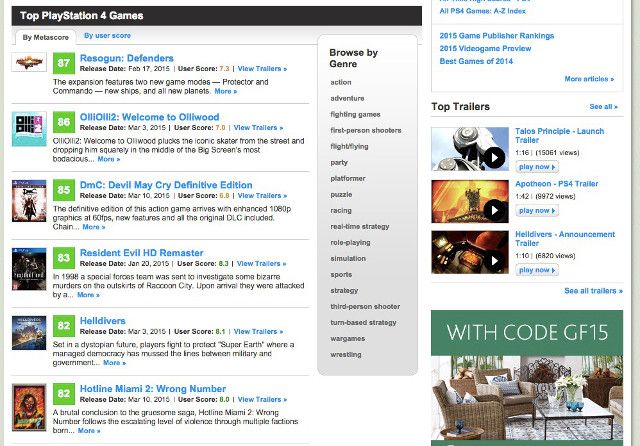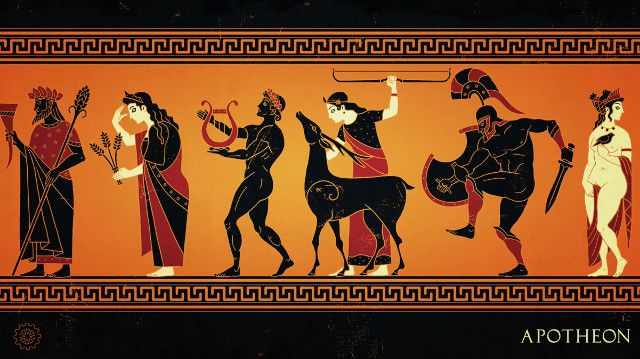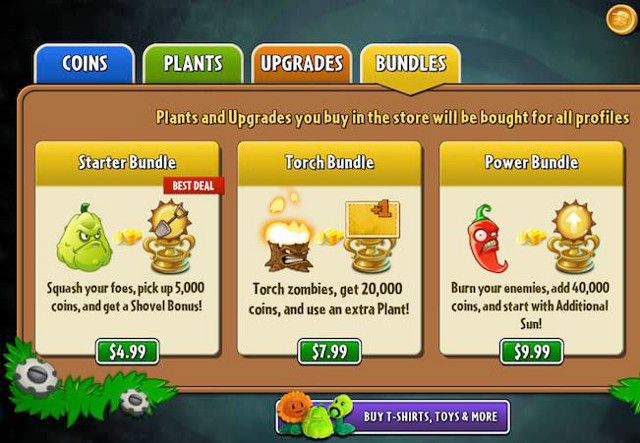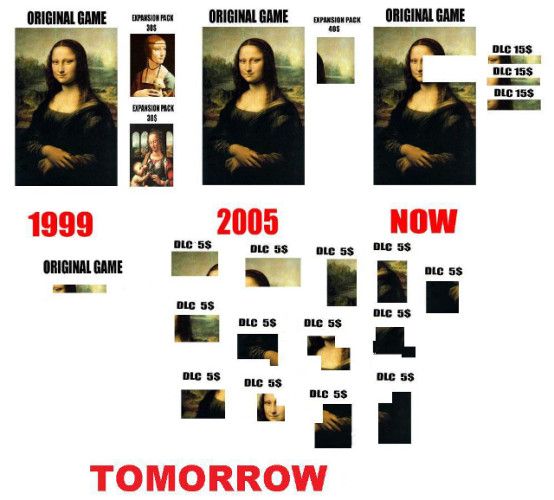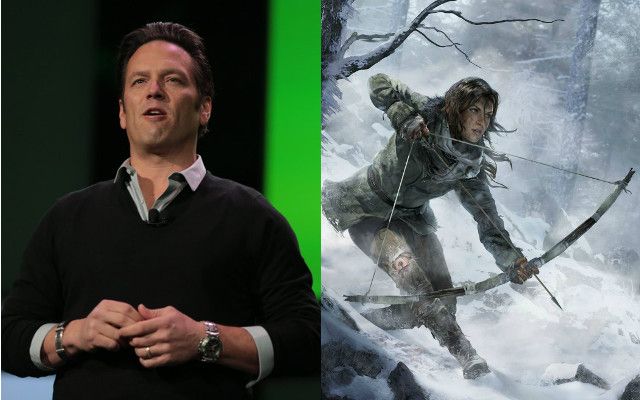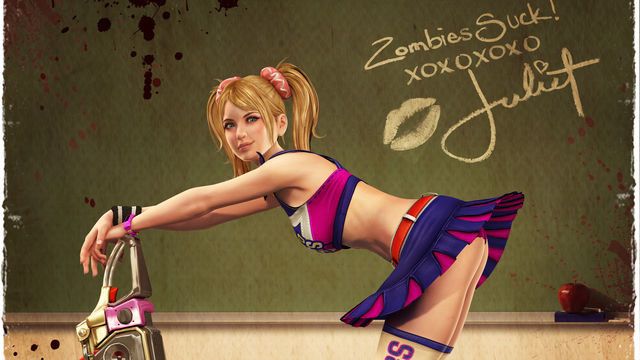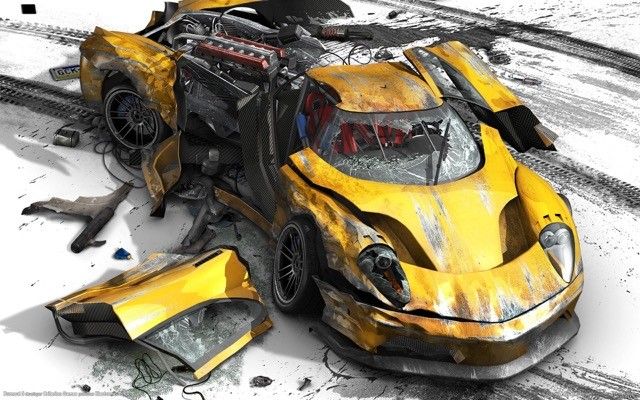The big names in gaming—like EA, Square, Valve, Blizzard, and Ubisoft—have a big problem. They've become part of the corporate culture that eventually infects most industries, and they've lost sight of their most important market: gamers.
The situation is dire, with bad stories hitting the papers and blogs on a weekly basis. We've seen three big problems with the AAA gaming scene in recent years, and I'll break them down here.
Disappointing Games
This is possibly the most damning. These studios are in the business of making video games, and if consumers are going to spend $60 (and potentially a lot more, if you include downloadable content), they need to be impressed by the quality and entertainment value of the games. Unfortunately, that hasn't been happening.
If you look at some of the games that have been on recent "most disappointing" lists, you'll see something in common. Call of Duty: Ghosts, Assassin's Creed: Unity, Titanfall, Watch Dogs, Destiny, The Crew, and The Order: 1886 were all over-hyped. Don't get me wrong—not everyone hated these games. In fact, a lot of them were pretty well-received. But none of them lived up to the expectations that developers and marketers built up for them.
Assassin's Creed: Unity, the latest in a long line of generally good games, was filled with bugs on release, almost to the point where it was unplayable. Watch Dogs was supposed to be a new kind of game, where the main character is a hacker and can use his environment to his advantage against his opponents, but only managed good reviews, and not great ones.
We were blown away by early views of Destiny, and it was fun for a while, but the hollow story and soulless post-campaign grinding got old quick. Titanfall was hyped as the next Call of Duty, but has received mixed reviews from players. The Order: 1886 had some of the best graphics we've ever seen, but totally fell flat with a very short story, little character development, and boring combat.
Possibly with the exception of The Order, none of these are bad games, but we were promised great games. Ground-breaking experiences. Titles that would change how we thought about next-gen gaming and shake up the industry that's been stuck on the same old stuff for many years now.
Obviously, my choice of example games is related to my personal feelings for the ones that have come out over the past few years. I loved Tomb Raider. And The Last of Us has been one of the most well-received games in a long time. But for the most part, the games that have been very well-received haven't come from big studios.
A quick look at the game charts on Metacritic shows Resogun, Helldivers, OlliOlli 2, and Ori and the Blind Forest near the top. These are not big games from big studios. Helldivers is only the fourth game released by Arrowhead Studios. Ori is the first release from Moon Studios (though it is now part of Microsoft). All of these games are in the 80s on Metacritic.
Where are the games that get 90+ ratings from critics and players? Where are the ones that go on to be classics, like Half-Life and Bioshock? We just haven't seen anything from big studios lately that breaks the mold and blows everyone away.
But we have seen some very impressive games like Limbo, Year Walk, flower, The Binding of Isaac, and Braid. After I finished The Order, I played Apotheon, an ancient Greek platform action game, and spent at least as much time getting through that as I did The Order. And it was significantly better. It was the third game from Alien Trap, a relatively unknown, small developer.
Despite the firestorm of comments I'm sure will follow the use of the term "indie," it's these studios that are making the best games right now: small, independent, and relatively new. They're not bogged down by marketing, ridiculous release schedules, or a focus on generating income at the expense of making games that people love to play. They don't overhype: they take risks and make games that don't follow in the steps of others.
Unfortunately, these studios are often being bought out by larger ones and either assimilated into their corporate culture or just dismantled. THQ and Maxis both saw their demise recently. PopCap was bought by EA and has gone from being a promising small publisher to a less-than-notable shell of its former self (more on that in the next section). Acquisition isn't always a death knell, but it seems like it can be a challenge to creativity.
Be that as it may, indie studios are leading the way in gaming today.
Money Grabbing
There are few things that irritate people more than micro-transactions in games. Even so, major game studios are pushing forward with including them in as many games as possible. Here's EA's chief financial officer speaking at the Morgan Stanley Technology, Media & Telecom Conference:
We're building into all of our games the ability to pay for things along the way, either to get to a higher level to buy a new character, to buy a truck, a gun, whatever it might be . . . Consumers are enjoying and embracing that way of the business.
While there certainly are some people out there who enjoy micro-transactions, I have yet to see an outpouring of appreciation for EA's decision. Consumer reactions to the inclusion of micro-transactions in Dead Space 3 and Grand Theft Auto Online haven't been overly positive. When micro-transactions show up in free or very inexpensive games, it's one thing. When it's in a $60 console game, it's another.
But even when they're in small, mobile games, they can still cause a serious amount of consternation. Let's look at PopCap. Plants vs. Zombies and the Bejeweled series were massive hits, and people loved them. They were also willing to pay for its games, because they were really fun. But after PopCap was acquired by EA, things changed. EA had already taken some flak for turning Real Racing 3 into a freemium game, saying that "the market was demanding games with this model."
Plants vs. Zombies 2 was subsequently released as a freemium title. It's possible to get through the game without spending any actual money, but the fact that power-ups, add-ons, and advances are offered on a regular basis throughout the game made many players feel pressured to pay—and few people want to feel like they're being sold to while they're playing a game. Unfortunately, game developers are good at taking advantage of the feelings of commitment that we develop to co-opt our decision-making processes and make micro-transactions seem like a pretty good deal. That's not the way to go about things.
It's not just free-to-play games that have some players feel like they're being scammed on the price front. Downloadable content for full-scale games can also feel like a money grab. The first Destiny expansion, The Dark Below, cost $20 (or £20 in the UK, which is quite a bit more), and got even lower reviews than the base game.
It opened up a few new missions, a new raid, and new level caps, but didn't do much to alleviate the problems with a lackluster story. And some people felt like it made the grinding worse. Of course, you could just not buy the DLC, but then you can't do the weekly strikes in the base game. To get the full experience, you now need to have ponied up $80.
Evolve's gun and monster skins cost $2 and $3 respectively, the Hunting Season Pass is $25, and the Monster Expansion Pack is $15. Which means that, on release day, you could have spent aver $150 on Evolve DLC. If you were to buy all of the Mass Effect figurines that come with exclusive DLC, you'd be looking at almost $275. When Forza Horizon came out, buying the season pass would cost an additional $50, making it a $110 game.
And the list goes on. This graphic on the future of DLC makes gamers' feelings pretty clear:
And it's not just game manufacturers. Let's not forget Microsoft's attempt to saddle the Xbox One with DRM that would have given publishers the right to decide whether or not their games could be resold. If not for a public outcry, that would be in place right now.
Poor Relationship Management
Okay, so I'll be up front about this: this doesn't fall completely on major studios. Minor studios, gamers, journalists, bloggers, and other companies are complicit in it, too. But it has to stop somewhere. Major developers have had one bad PR event after another. The ea_spouse blog showed the abysmal conditions of EA workers. Other developers have shared horror stories of crunch time before a game release.
There was an outcry over "incentives" and "gifts" given to game reviewers by studios, who don't seem to show any sign of contrition or changing their ways. (Again, this whole "game journalism ethics" debacle isn't completely the fault of major studios, but they didn't do much to make it better, either.)
Phil Spencer, head of Microsoft's Xbox division, made it clear that he didn't care about players who had enjoyed Tomb Raider on PS4 and wouldn't be playing the sequel because it's an Xbox exclusive. EA and PopCap released Peggle 2 as an Xbox exclusive instead of making it available on Windows, Mac, iOS, Android, Nintendo, and Xbox, like the very popular first entry.
We've heard countless stories of female game developers being harassed by men within the industry, a fact that has alienated and pissed off who knows how many female gamers. Sexism is absolutely rampant in the video game industry, both in games and behind the scenes. You can talk about gender-related issues in video games for days, but that's another story.
It's clear that major game studios have a big problem with their relationship with gamers. Again, I'll point out that not all of these things come down solely to the studios.
There are a lot of other parties that are complicit. But the major studios are the ones who can bring forth a change in the culture of gaming and how they relate to their customers. This blatant disregard for their relationship with their market is bad for business, and can't last.
Time for Change
The AAA gaming scene has some serious problems, and if it doesn't make some changes, it could face some hard times in the years to come. I won't go as far as some and say that major game studios are dying, or that AAA gaming is on its last legs; gamers will always be willing to pay for the biggest, baddest, best-looking game out there, but only if it's good. Which means AAA will always have a market.
But it's clear that there's a lot of potential that's not being realized in the major games market, and that it comes down to a misalignment of priorities and goals between the developers and consumers.
Major developers are forced to prioritize yearly release schedules, ever-increasing production values for stunning graphics at the expense of gameplay and story, and stringing out the collection of money through as many iterations of DLC as possible. It has to stop before we lose the companies who can make mind-blowing, stellar games.
At the moment, indie studios are leading the field. But there's room for balance—Shovel Knight and Tomb Raider can co-exist. Players deserve to play things like Grand Theft Auto and Limbo without having to buy multiple consoles and gaming PC setups. Developers deserve to be treated with value by their employers.
There's a lot wrong with the AAA gaming scene at the moment. But not all hope is lost. Let's make it clear to the big studios that we feel strongly about the changes that need to take place.

